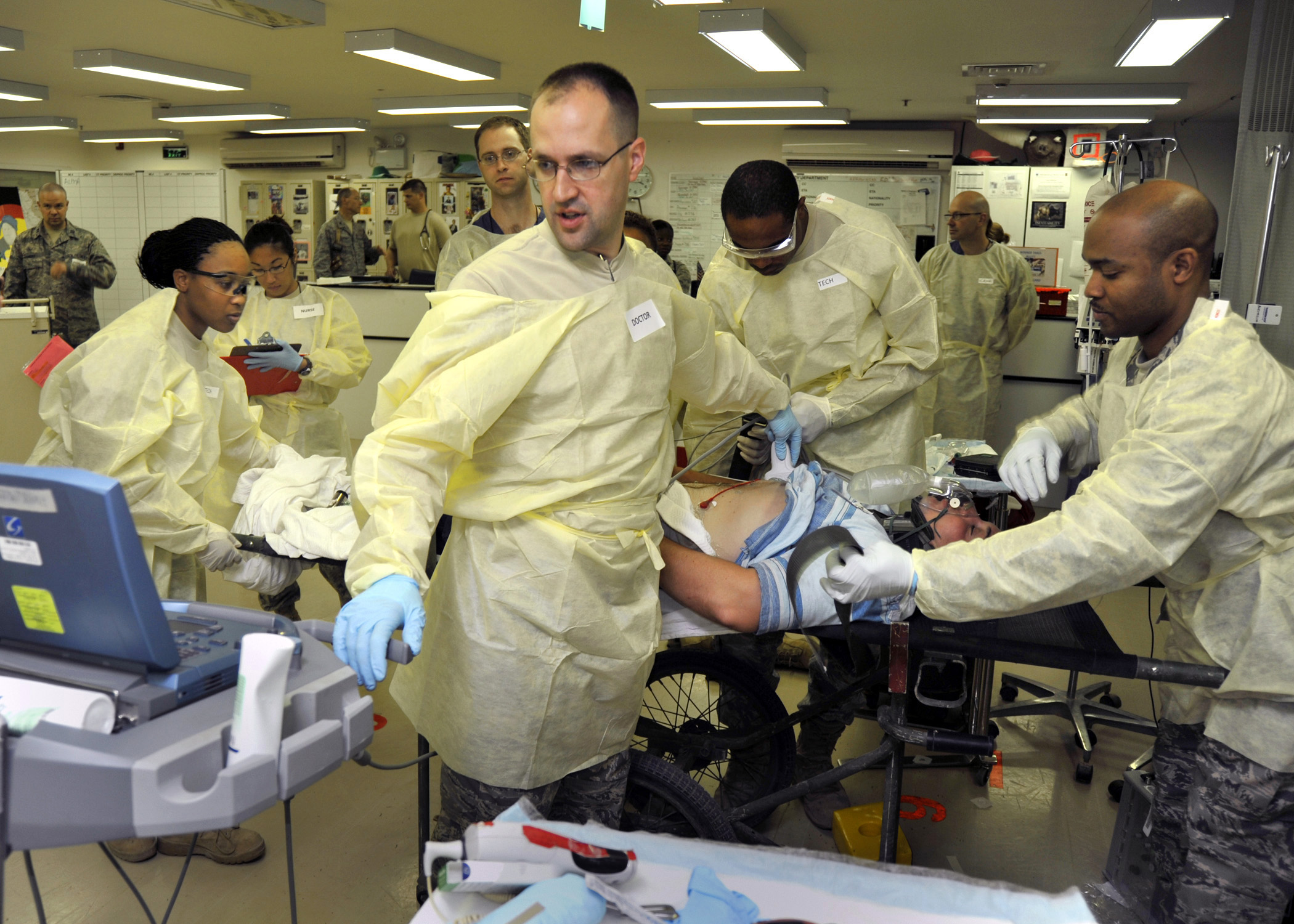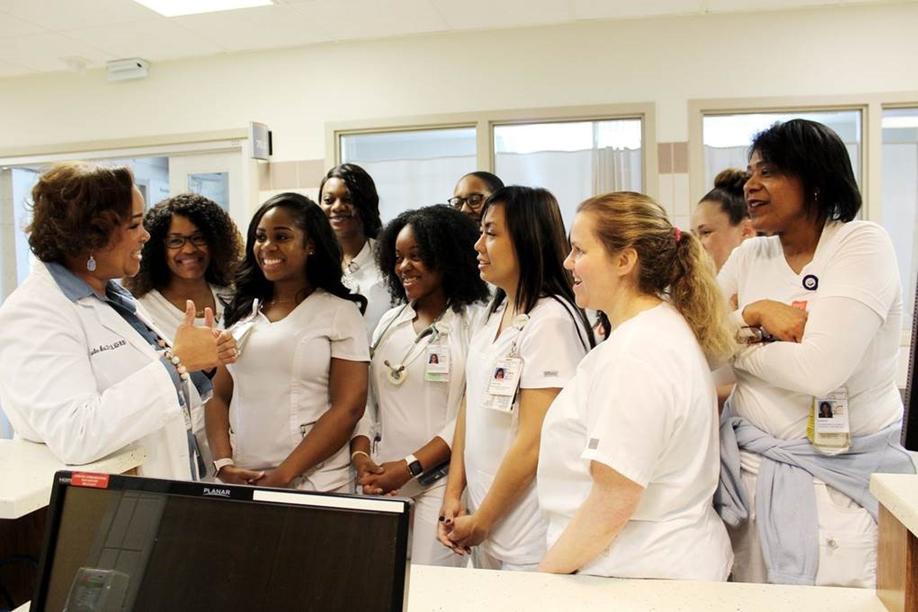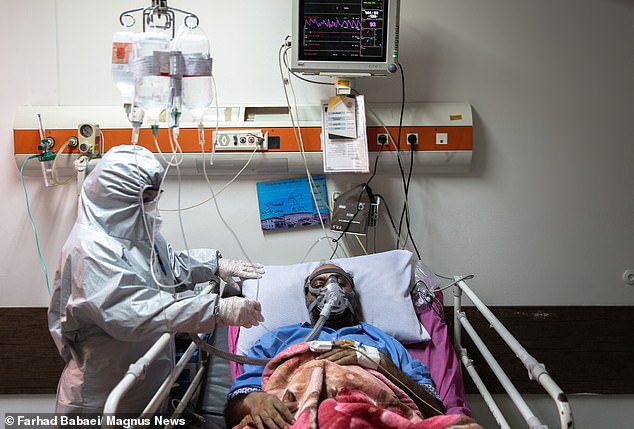After medical school, I was fortunate to be accepted into a surgical residency at Emory University, one of the premier academic centers in America, and Grady Memorial Hospital is the cornerstone of its education. In the same way, any nurse who wants to rise to the top of their profession considers Grady Hospital one of the best experiences that they could add to their resume. And though there are many nurses eager to spend some time at Grady, there is a special group of top-notch nurses for whom Grady is not a highlight on their resume, instead it becomes their second home.
This installment is about the “Grady Nurse”. It is not about any one nurse, but rather a composite of the many superb nurses I had the pleasure of working alongside during my residency. It is hard to verbalize what it is that attracts health care professionals to Grady, as it is one of the most grueling positions a nurse or surgical resident might choose. But there is something about knowing whether you are up to the challenge of evaluating and treating the incomparable diversity of illness and disease that finds its way through the doors of Grady. If one can find confidence caring for patients at Grady, one can likely handle anything thrown at them during their careers.

.
All surgical residents at Emory would spend a few months at a time rotating through the Grady Surgical Emergency Room. On your first day, you would meet the nurse in charge, who had worked there forever, always dressed in traditional white dress, white hose, and shoes, and the perfectly starched white nurses’ cap. Always eager to jump into the fray of gun shot wounds, knife stabbings, major vehicular accidents, the young novice residents including myself, would want to act like they knew what they were doing, and this motherly nurse would humbly suggest what the patient might need right away, and whether the “attending” should be called, always letting you think that it was you who was calling the shots. Her calm confidence was like an anchor for all of us. Working alongside her were several younger, but very experienced nurses who prided themselves in their knowledge of managing critically injured patients. Whether the need was an IV, a tube in the stomach, or a Foley catheter, they could get it done in a heartbeat.

On occasion, residents and nurses who had worked tirelessly the entire night would meet at Hickory House for “breakfast and beer”, to enhance that sense of teamwork that was so invaluable during the times of stress. And after breakfast, everyone would collapse into bed, so they’d be ready for their next shift.
Patients brought to the emergency room often needed life-saving surgery, and then their care would shift to the Intensive Care Unit. The ICU nurses at Grady are a similar breed, dedicated to their patients, some of whom are the most difficult patients to manage, with multiple failure of organ systems. The nurses were responsible for continuously assessing the patient’s response to the treatment, where one drug intended to help the kidneys might make the lungs worse, and vice versa. Many of the Grady ICU nurses had worked there for years, and a surgical resident quickly realized that if one wanted to learn how to oversee these very sick patients, they really needed to work in direct collaboration with these very experienced nurses. It was not uncommon to get a call from one of the nurses, that something was not right.
They all had that sixth sense about how their patients were doing, and as a resident, you learned to trust that intuition, and many a patient walked out of that hospital because their nurse recognized early on that something needed to be corrected promptly.hance that sense of teamwork that was so invaluable during the times of stress. And after breakfast, everyone would collapse into bed, so they’d be ready for their next shift.
Patients brought to the emergency room often needed life-saving surgery, and then their care would shift to the Intensive Care Unit. The ICU nurses at Grady are a similar breed, dedicated to their pat
I do not work at Grady now. But I have no doubt that the “Grady nurses” who are in the trenches now, jeopardizing their own health due to the contagiousness of this Coronavirus, will continue to perform at the top of their profession, for the sake of their patients, and for the sake of our city and country.
Please watch for my 4th installment, where you’ll meet Marian, the “Dedicated “Office Nurse”


